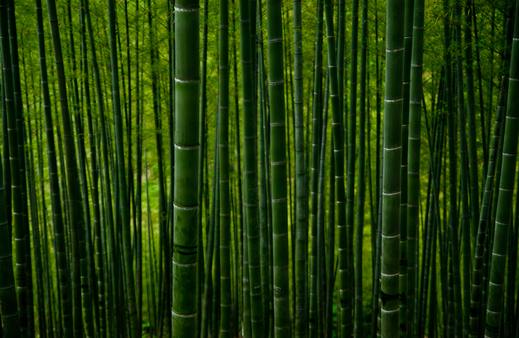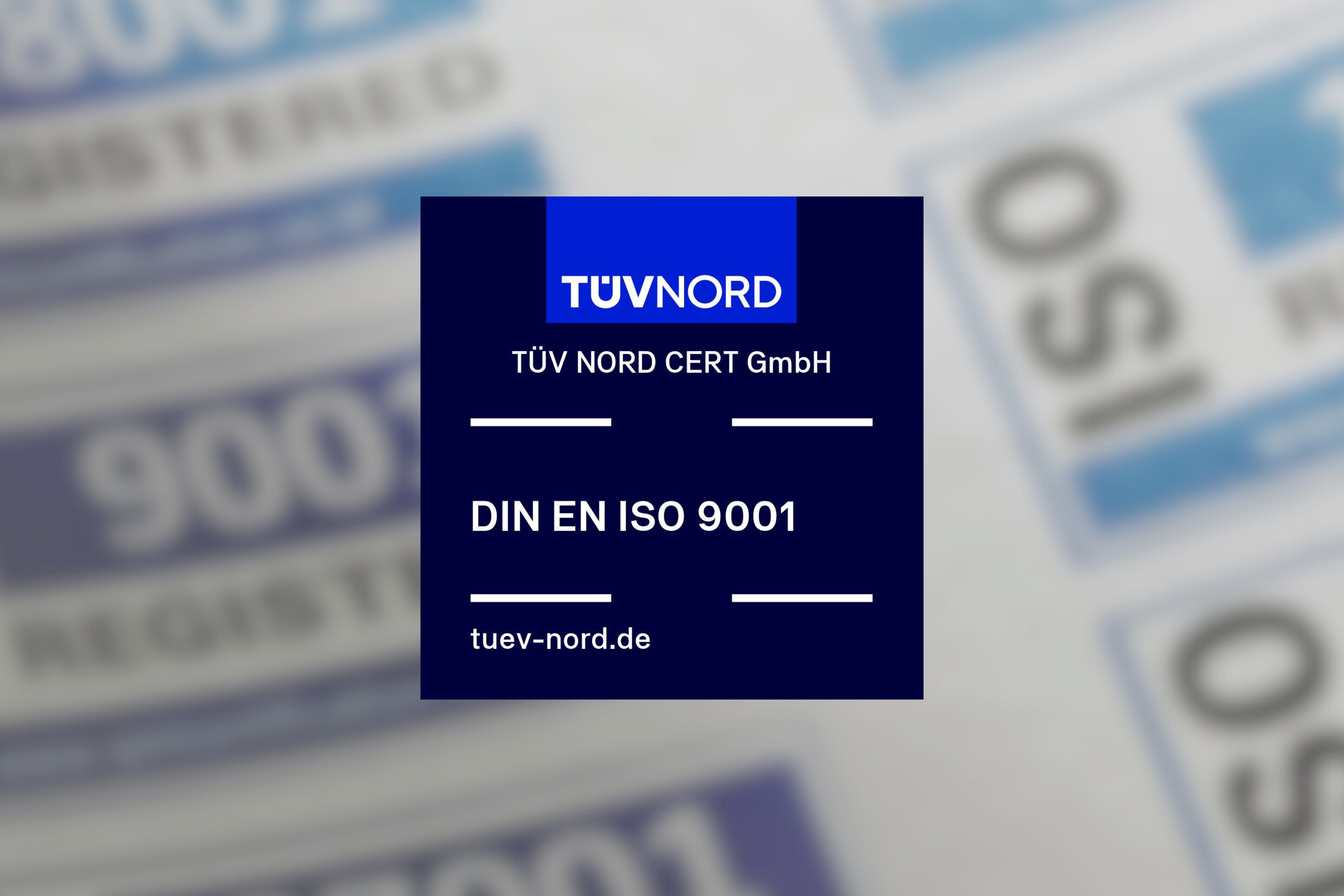Bamboo is a sustainable raw material that can be used very efficiently both from an economic and ecological point of view. Much discussed and criticized, it represents one of the most sustainable, natural raw materials due to its properties and growth rate. As a company, we are constantly confronted with different questions about the true sustainability of bamboo, so today we want to give you some facts about the versatile raw material.
What are sustainable raw materials?
In forestry, sustainability is the use of forest land in the form of a closed cycle. Only the amount of wood is removed, as at least grows back. Sustainable cultivation should preserve ecosystems and protect other resources and forest land. Thus, not all renewable raw materials can be described as sustainable at the same time but must be distinguished here in terms of yield, use and processing. Depending on the species of bamboo, this evergreen plant grows to a meter per day and making it one of the fastest-growing plants. Bamboo reaches its maximum size after half a year. The trunks have a height of 15 to 35 meters and are up to 40cm in diameter. After five years, mature bamboo plants can be bred. Only the woody trunks are removed. Bamboo develops new strains after a short time and drives out again.
What advantages does bamboo offer in terms of sustainability?
Bamboo is one of the most important raw materials when it comes to environmental protection and sustainability.
1. Above-average growth.
2. Bamboo is resistant to climatic influences.
3. Bamboo produces more oxygen in photosynthesis than any other plant, removing large amounts of CO2 from the air.
4. No use of pesticides necessary.
What are the positive qualities of the raw material bamboo?
Bamboo has excellent characteristics compared to many other types of wood, which makes it a versatile raw material.
1. The usable amount of a bamboo tree is about four times that of an oak tree.
2. Bamboo is much harder than most common woods and at the same time brings a certain elasticity and flexibility of the material with it.
3. The tensile strength of bamboo is greater than that of steel, which is why bamboo is particularly suitable for the construction of very complex frameworks.
4. Bamboo is color-stable because the grass has natural UV protection. Therefore it can be omitted in the further processing of coloring oils and varnishes.
5. Bamboo contains no resins, oils, or tannins, which makes processing easier.
6. Bamboo convinces by its resistance to germs and is by nature antibacterial.
7. Unlike other woods, water does not cause the wood to swell, which extends the life of bamboo products.
Uses of bamboo:
Due to its robustness and durability, bamboo is ideally suited as a construction material. That is why it is often used as a scaffolding, especially in Asia, but also versatile in the area of furniture construction. Bamboo is extremely fertile, which is why you only need about 2/10 of Ha bamboo compared to other woods. From the plant can be produced versatile everyday products, such as kitchen utensils, storage boxes and dishes, toothbrushes, furniture, garden furniture, etc. Also, you can find bamboo extracts and bamboo milk applications in cosmetics.
Concluding:
Bamboo is and remains one of the most sustainable raw materials we have on Earth at present. It has many positive attributes that confirm its sustainability and make it a perfect alternative to finite resources or other woods. At Denttabs, we strive to improve our ecological footprint, drive sustainability, and maximize our products’ effectiveness while conserving resources. In the search for possible substitute raw materials for bamboo, we could currently find no alternative, which could compete with bamboo in their effectiveness and sustainability. The use of local timbers for toothbrushes is conceivable but can not compete in terms of sustainability and, in turn, presents other challenges, such as the treatment of the wood. By the way, our Denttabs bamboo toothbrushes are carved, and we dispense with adhesives and other chemical additives. Only the bristles are made of nylon-6 and can be removed from the brush head before disposal and disposed of in the residual waste.
Your Denttabs Team





Split:
Sustainable Gifts - Our Recommendations for a plastic-free christmas
Founder Axel Kaiser on sustainability